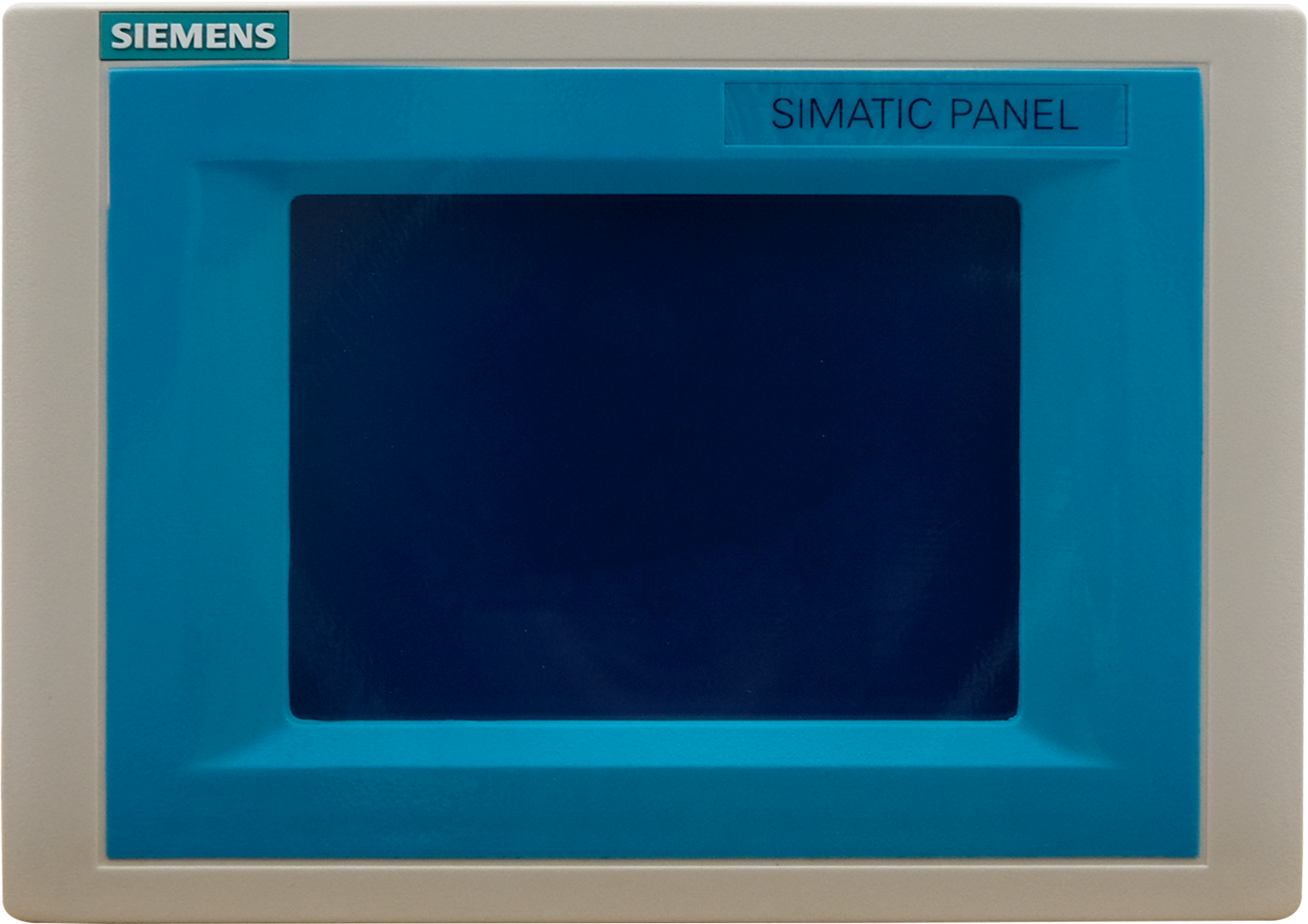industrial encoders
Industrial encoders are sophisticated measurement devices that play a crucial role in modern automation and control systems. These precision instruments convert mechanical motion, either rotary or linear, into digital or analog signals that can be interpreted by control systems. At their core, industrial encoders function as motion feedback devices, providing essential position, speed, and direction data for various industrial processes. The technology employs either optical, magnetic, or mechanical sensing methods, with optical being the most common due to its high accuracy and reliability. These devices typically consist of a sensor, a code wheel or strip, and signal processing electronics. They operate by detecting changes in position through pattern recognition on the code wheel, translating these movements into electrical signals that machines can understand. Industrial encoders come in various types, including incremental encoders that measure relative motion and absolute encoders that provide unique position values. They offer resolutions ranging from a few pulses per revolution to several thousand, making them suitable for applications requiring different levels of precision. These devices are engineered to withstand harsh industrial environments, featuring robust housings, protected bearings, and specialized sealing to ensure longevity and reliable performance under challenging conditions.
